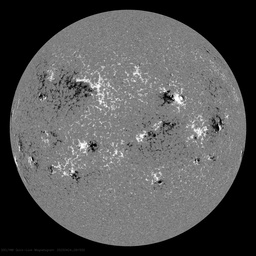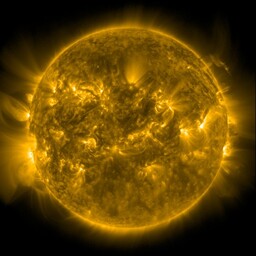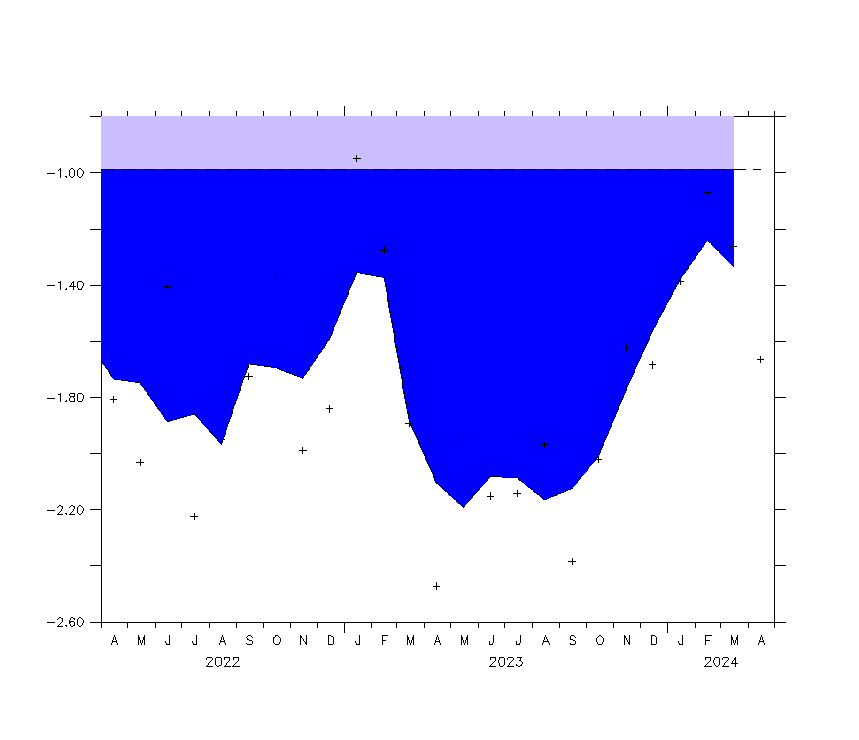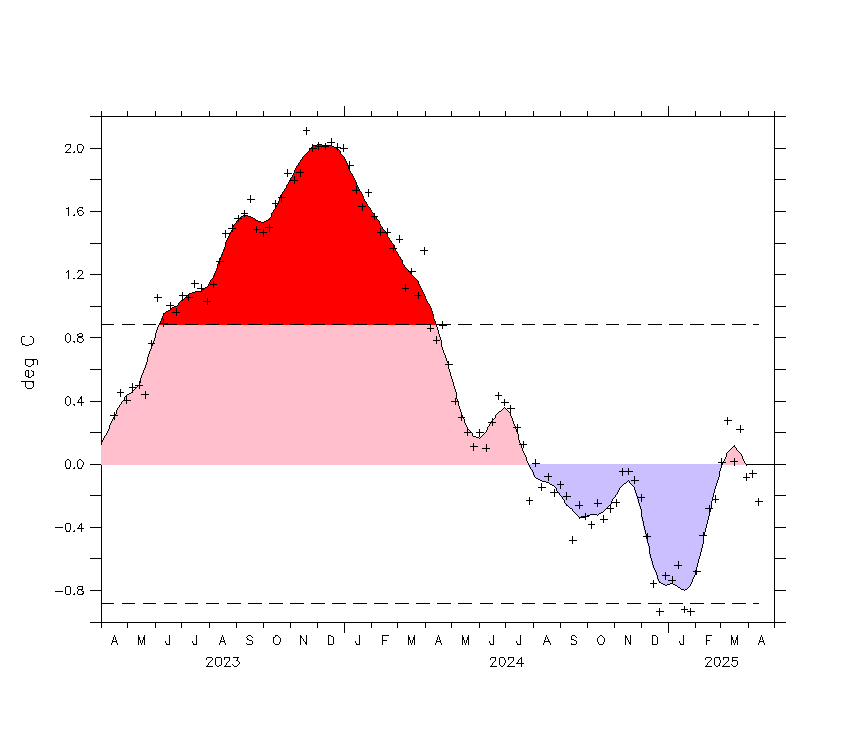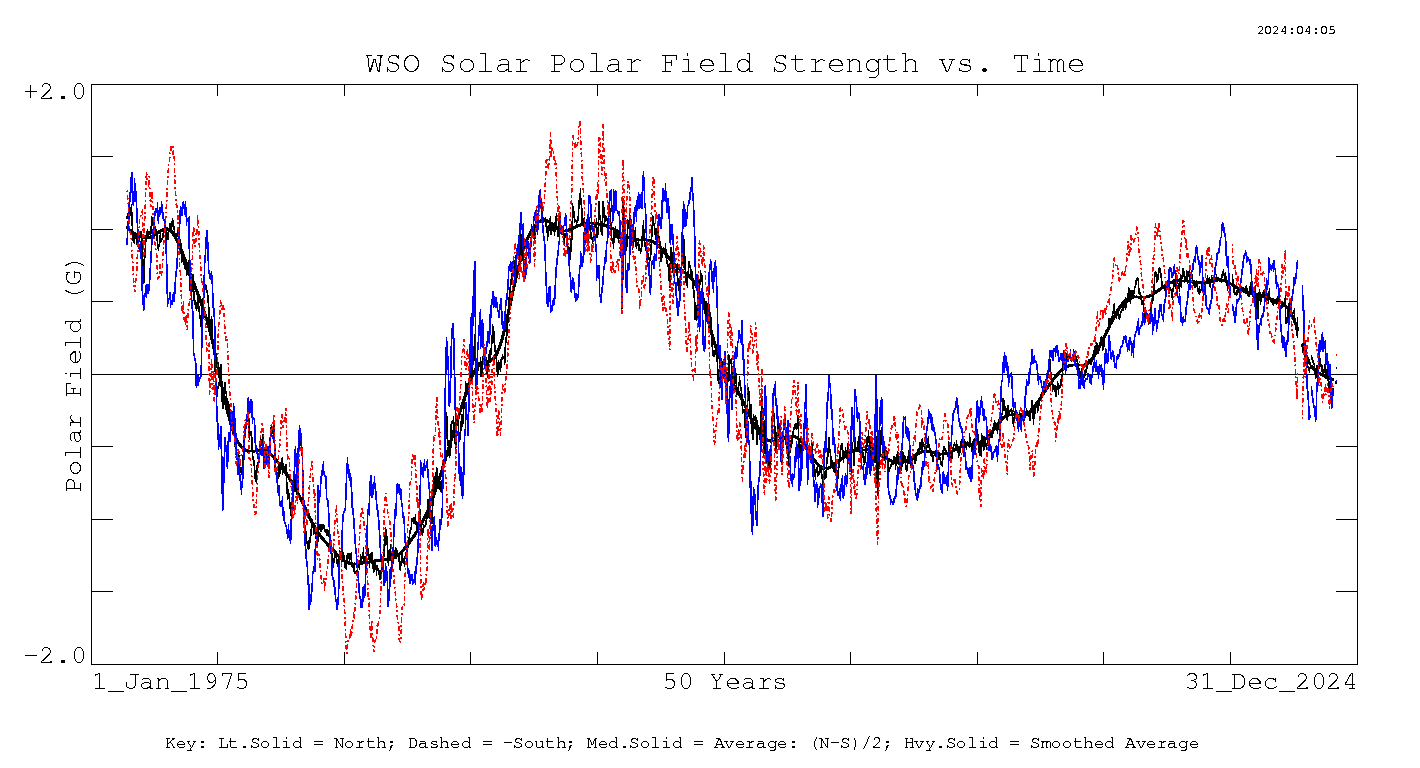Today in Australia there is a fierce debate among our politicians over the issue of implementing a Carbon Tax that arguably will impose great pressure on our economy. A Carbon Tax will also put our international trading companies in a less favorable position in a very competitive market. The Labour Party has broken a very clear election promise not to impose a Carbon Tax that has now enraged the opposition and most thinking Australians. Do we need a Carbon Tax? are we being affected by man man global warming?
Many of the public rely on what they hear in the media, but if we look at the real data we can see that the global temperature has not risen since 1998. Looking closer to home we can dig into the local data and see what the records tell us. In Melbourne Australia we have a surface station record that goes back to 1856, which we can compare to rural records. Below is a graph of the Melbourne temperature record.

Click on the graphs for a larger view.
The majority of the plot shows a fairly stable record from 1856-2000, but a sudden rise is shown after 2000. The Melbourne temperature record is taken from the Melbourne Regional Office lat.37.81s long.144.97e with an elevation of 31m above sea level. All records in this report are taken from the Australian Bureau of Meteorology (BOM). The Melbourne record does not follow the world trend and if we look at other records taken at rural locations in our vicinity the rise after 2000 can be questioned. Temperature records taken within city locations are vulnerable to the Urban Heat Island effect (UHI). Growing cities that trap heat in their building materials and roads influence the temperature record over time and should not be used as a reliable reference of the surface record.
We have just finished our Melbourne summer yesterday. Between Jan - Feb we only exceeded 35C three times which to my memory of 55 years along with many I have discussed this issue, was the coolest summer to date in Melbourne. We have already broken the all time record for rainfall in Victoria which I put down to the 30 year cooling trend beginning in the Pacific Ocean, along with the major changes to atmosphere pressure patterns brought about by the solar grand minimum. This has a strong influence on our weather patterns including the current strong La Nina. Even with the UHI effect, if we look at the Melbourne summer mean temperatures (below) the overall trend is remarkably flat.

So how does the Melbourne metropolitan record stack up against the nearby rural stations?
Many stations do not have a reliable consistent record and many have been closed down, but there are several country stations that we can utilize even though some are based at airports. Maryborough station in country Victoria situated 170 kilometers north west of Melbourne has a good record that goes back to 1900. The Maryborough record below shows a decrease in temperature since 1900. (no records from 1957-1964)

The summer record below also shows a fall in temperatures with the 2011 summer decline being very obvious.

The Melbourne record can be compared against the Maryborough record (below) which clearly shows differing trends. The Heat Island effect is less clear in the rural records and suggests that there has been little if any temperature increase in our state of Victoria.

There are other stations that can be added to the mix which also show a similar trend. Ballarat, Mangalore and Tatura which are shown on the map at the end of this report. These are plotted separately along with the Melbourne record below.

By combining the country records we can achieve a mean country yearly value taken over 4 stations that can be compared with the Melbourne metropolitan record. As can be seen below the UHI effect or perhaps data restructuring is apparent after 1990.

The Melbourne trends are going against the nearby rural stations, but even so are not alarming. There is no conclusive evidence of any major temperature rise in our long term record. The past summer just experienced is just the beginning of cooler temperatures that will dominate the globe for the next 30 years as the cooler Pacific and the quiet Sun drive the temperature in a negative direction. This will render any Carbon Tax as a pathetic waste of effort with very large economic and social ramifications. The waste from our multi billion dollar water desalination plant is another example of government acting without consulting all the players involved in climate science.



